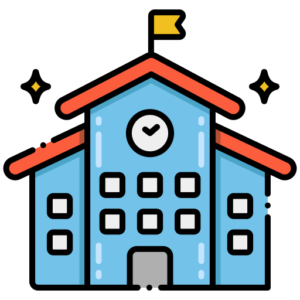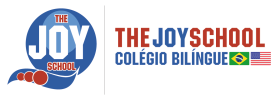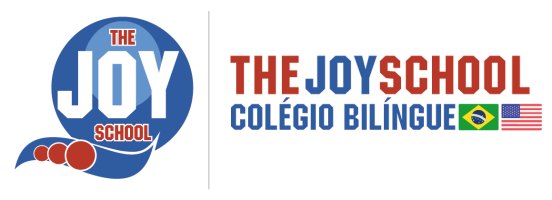Early Childhood Education
Your child's bilingual education journey begins here!
During the Early Childhood Education, children develop fundamental skills that take place in a child's life. That i's why we have created a unique bilingual teaching methodology that focuses on promoting experimentation, discovery, implementation, and collaboration of ideas and information.
- Until the age of three, our students are 100% immersed in the English language.
- From ages four to five, their English immersion transitions to 75% as they begin their Portuguese Language Acquisition.
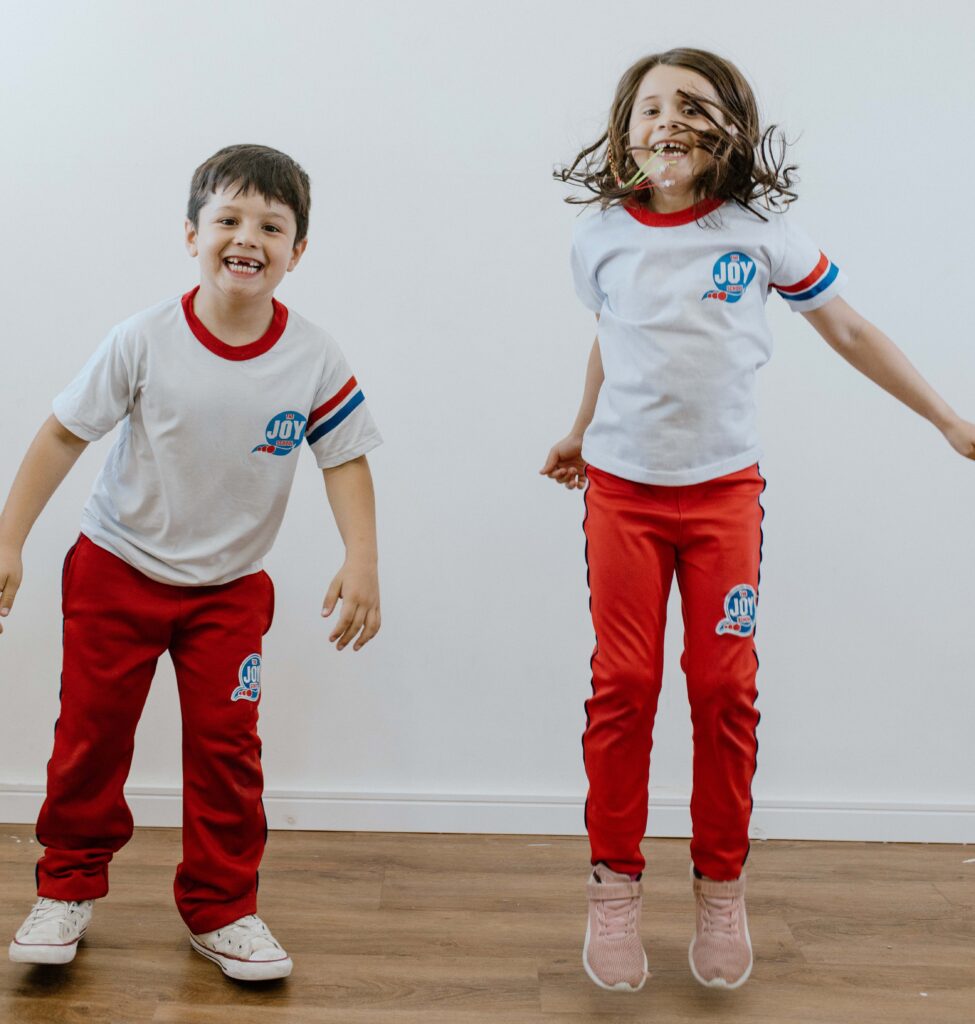
Our Workbook Collection
Our teaching material is specifically developed to help children learn in both a fun and educational way. During the process, they will encounter interactive activities that will assist them in the development of cognitive, motor, and social skills.
-
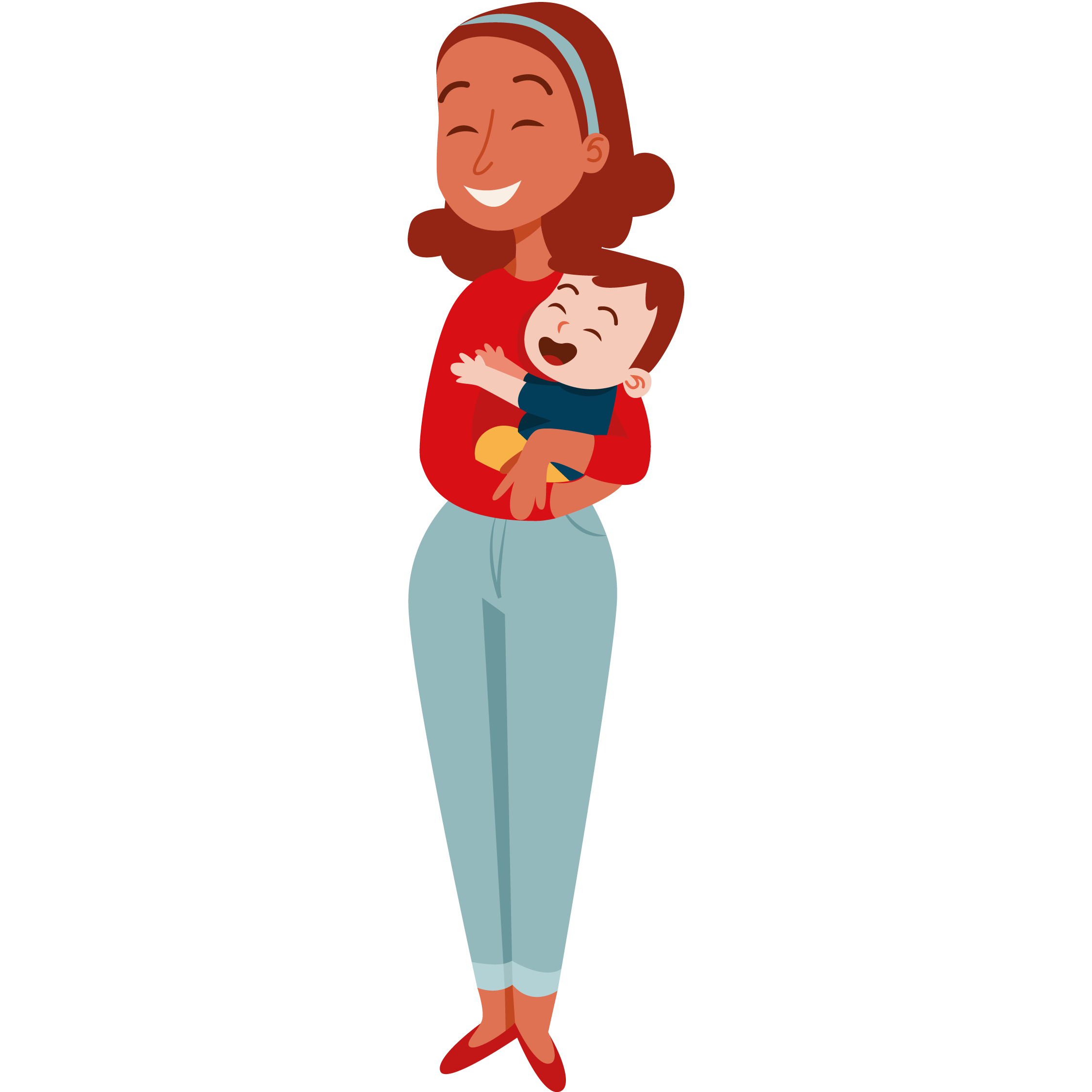
Nursery
Babies are fully able to learn and develop their skills early on.In our material, we provide a lot of information about your baby's development and how to stimulate them in each phase of their growth. In early months, your baby experiences the world through the senses., This is when we utilize activities that explore colors, sounds, textures, and shapes. The English language learning is integrated into the routine for early immersion while we continue to foster their physical, cognitive, and sensory development.
-
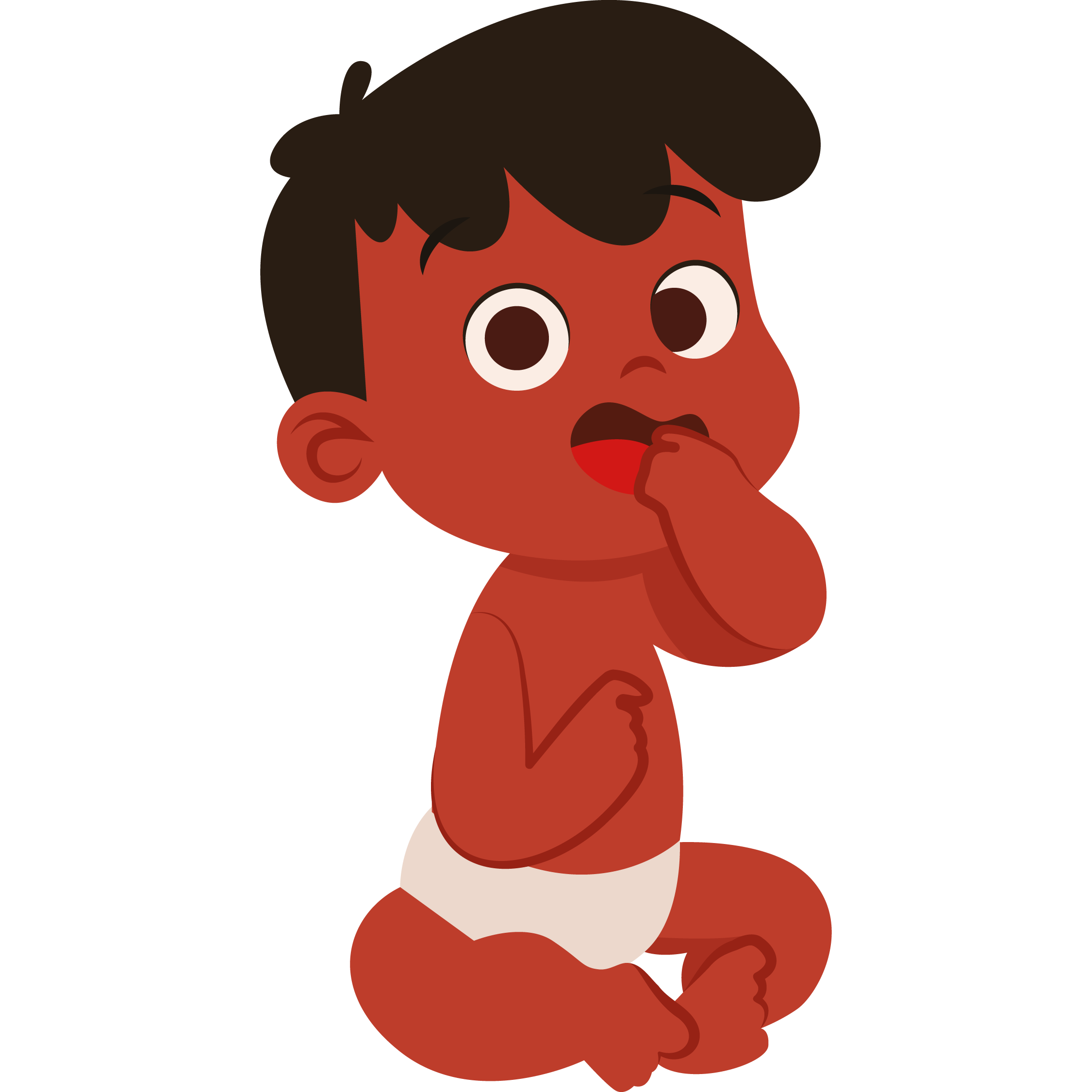
Little Toddler
In this collection, we present activities that enrich vocabulary, experiences, experimentation, and motor development.Themes related to colors, animals, shapes, and everyday toys build strong language connections and help your little toddler interpret the world around them. At this moment, our students have all the support they need to grow and act in that world especially developing skills to express themselves using their first words in both languages!
-
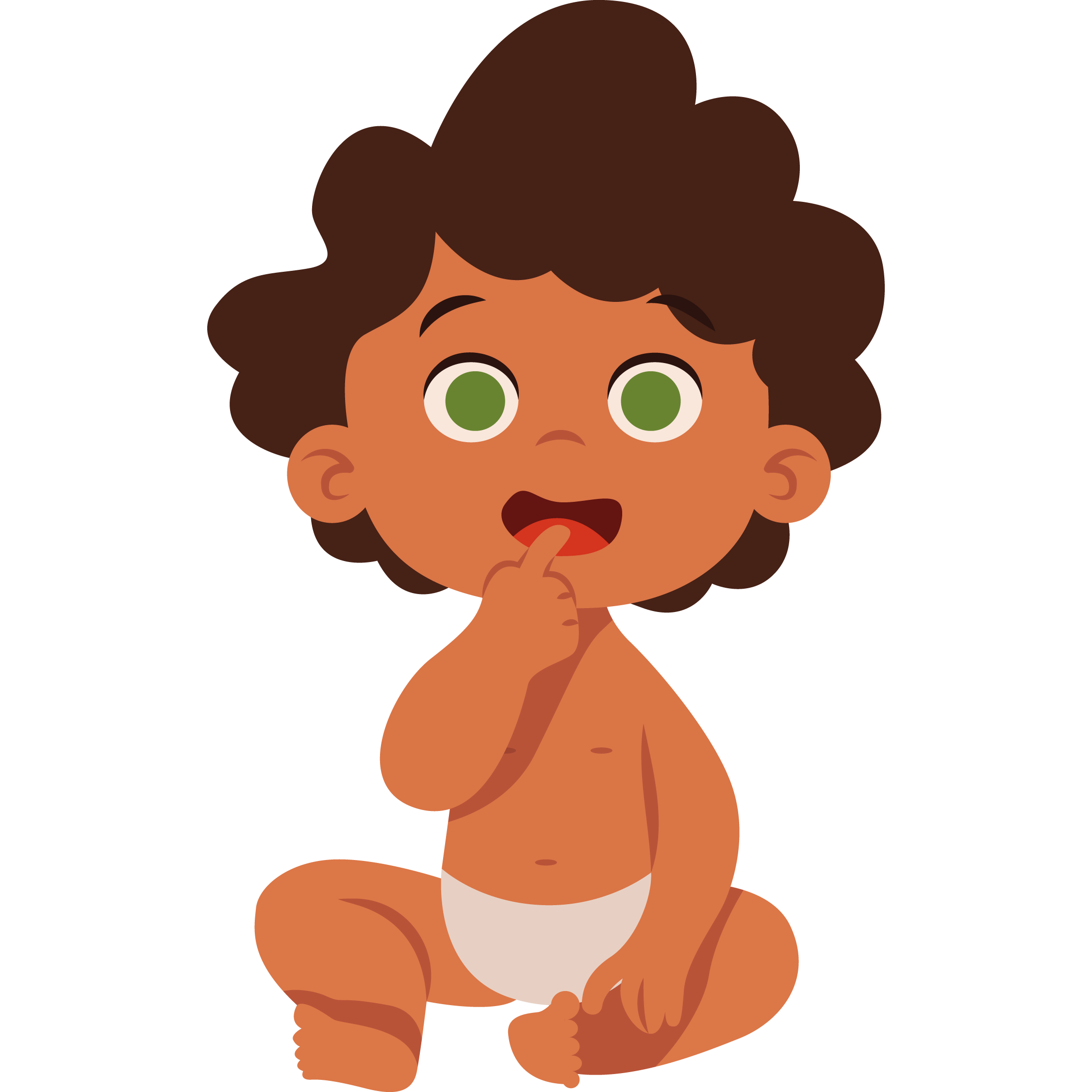
Toddler
A Toddler student should learn basic skills that will help them develop cognitively, physically, and socially. This includes the ability to identify the names of colors, shapes, and numbers;, as well as developing fine and gross motor skills through cutting, pasting, and sensory games. Additionally, it is important for toddlers to learn how to communicate with their peers, share, and work as a team.
-
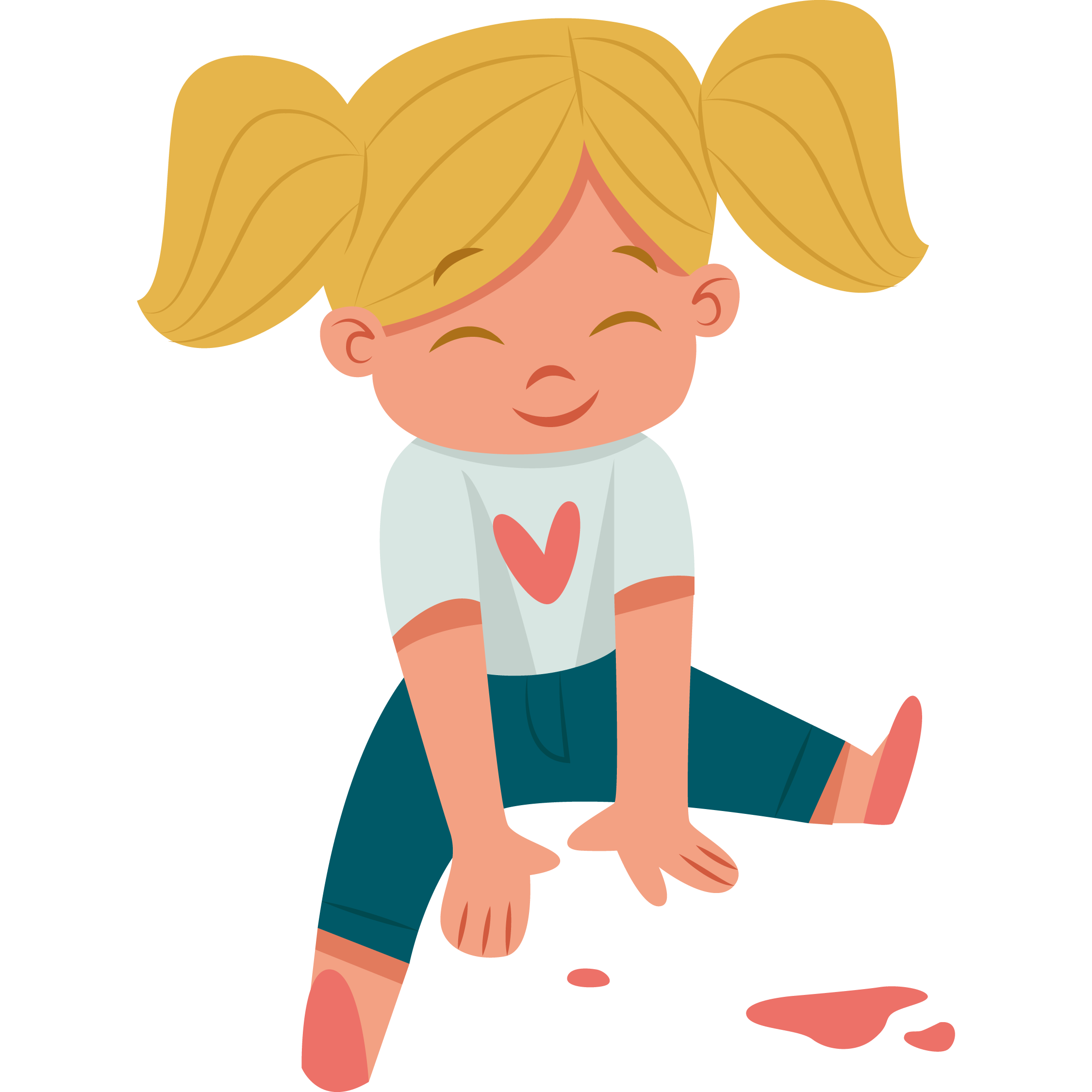
Pre-K
At 3 years old, children develop their motor and cognitive skills, as well as engage with others and explore the world around them. In school, they should be able to recognize and identify the letters of their name and numbers from 1 to 10. They should also be capable of communicating with their peers and teachers, using simple sentences and basic English language vocabulary. Additionally, it is important for the child to start developing fine motor coordination through activities such as drawing, painting, cutting, and pasting.
-
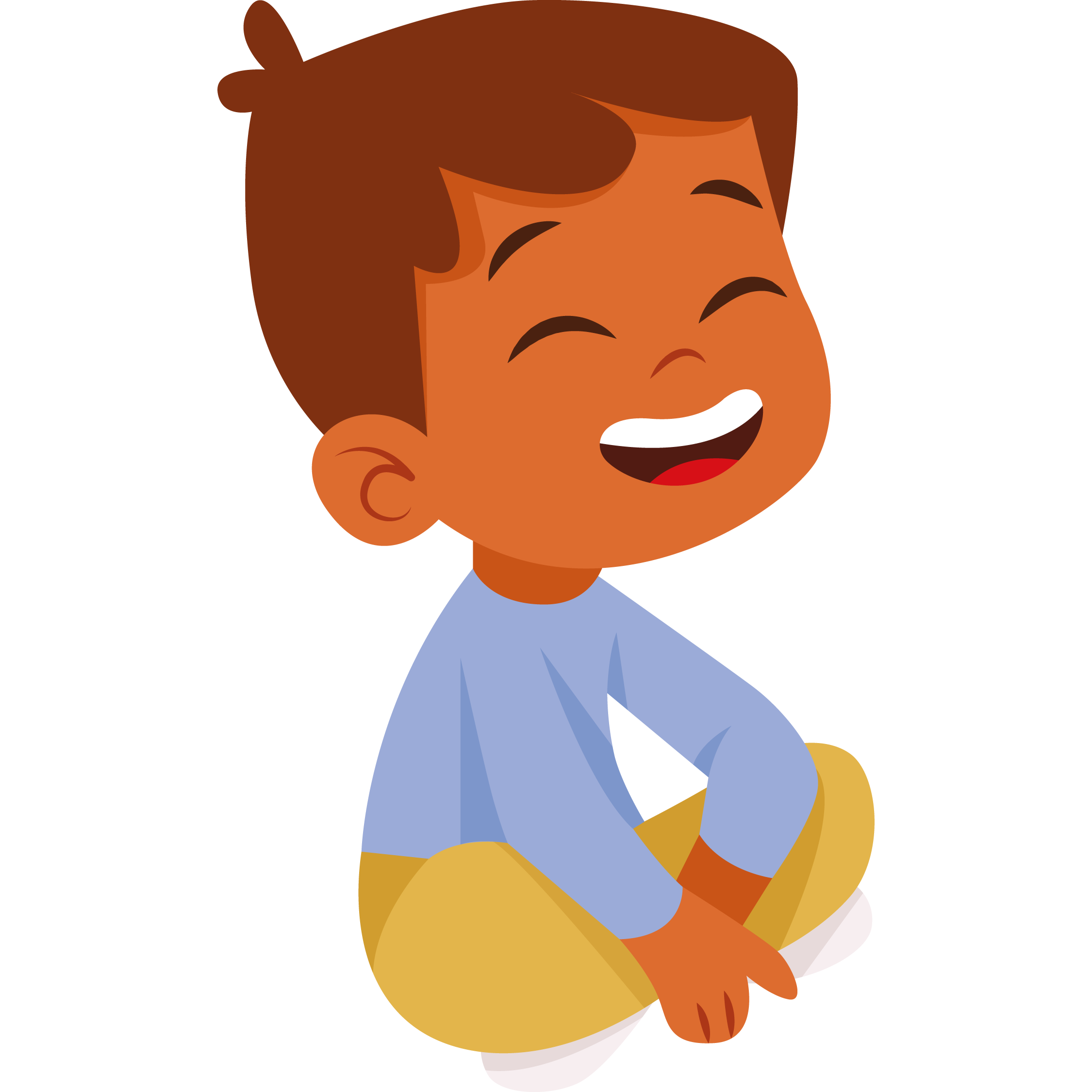
K-1
The development of a 4 year old student is marked by a series of important achievements, both cognitive and social. At this stage, children continue to refine their fine and gross motor skills, allowing them to perform more complex tasks such as drawing, writing, and cutting with greater precision. Additionally, 4 year olds are capable of following more complex instructions and communicating more effectively. They begin to show interest in structured activities like educational games, stories, and group projects. These activities contribute to the development of their cognitive and creative skills.
-
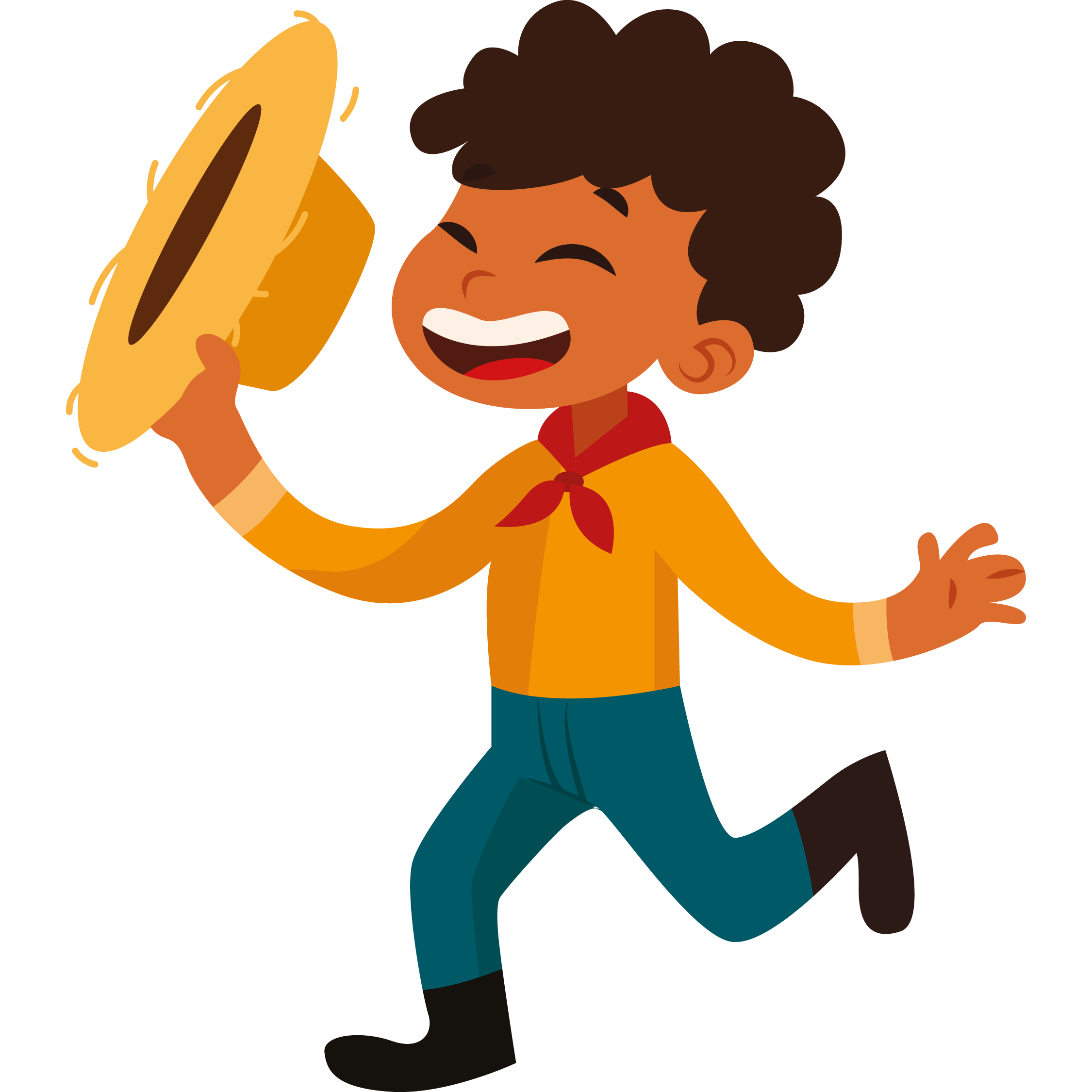
K-2
The development of a 5 year old student is marked by significant achievements in the area of literacy. At this age, they should be able to recognize and identify the letters of the alphabet, as well as associate them with their corresponding sounds. In mathematics, they will be able to recognize numbers up to 100 and understand the concept of addition. With all the support and guidance of our team, our Kindergarten 2 students will be ready to become competent readers and writers in elementary school, which will be essential for their academic and personal success in the future.
Our Grades
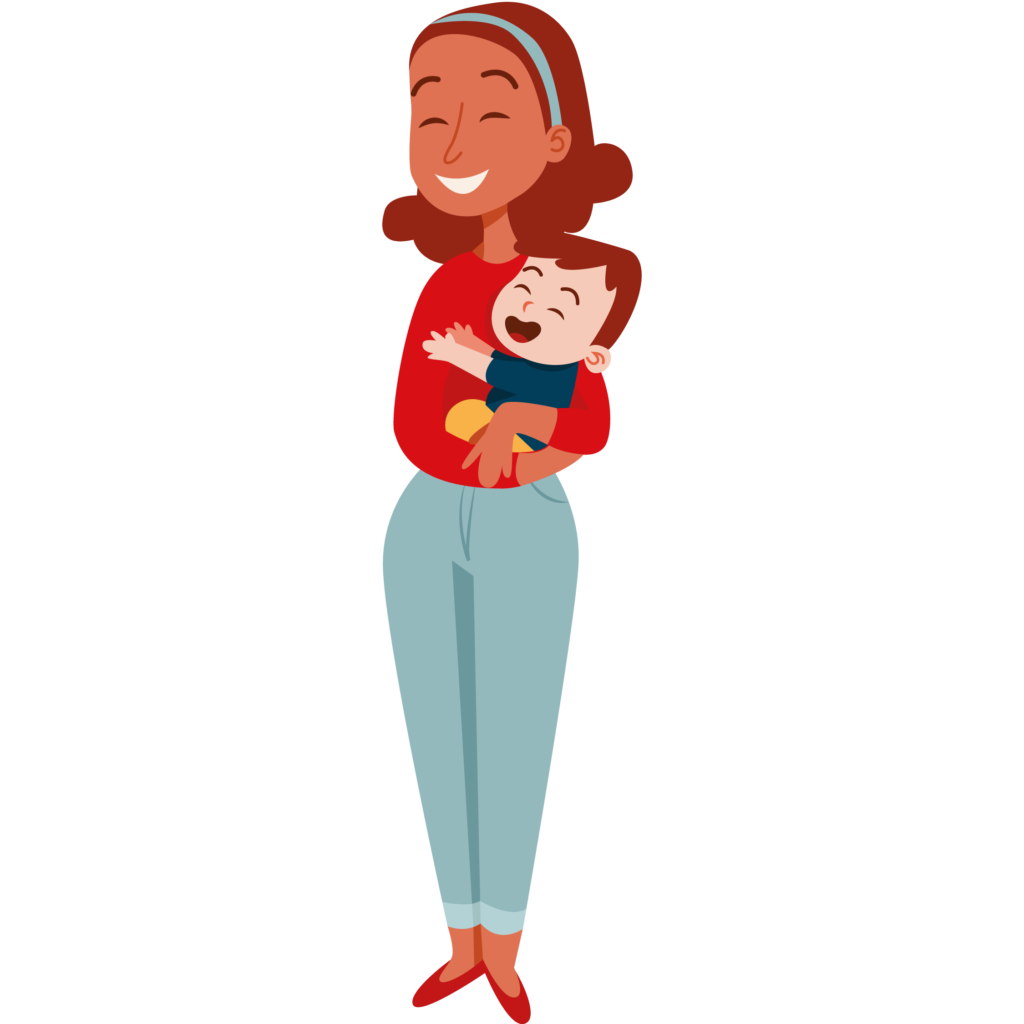
Nursery
0 to 18 months
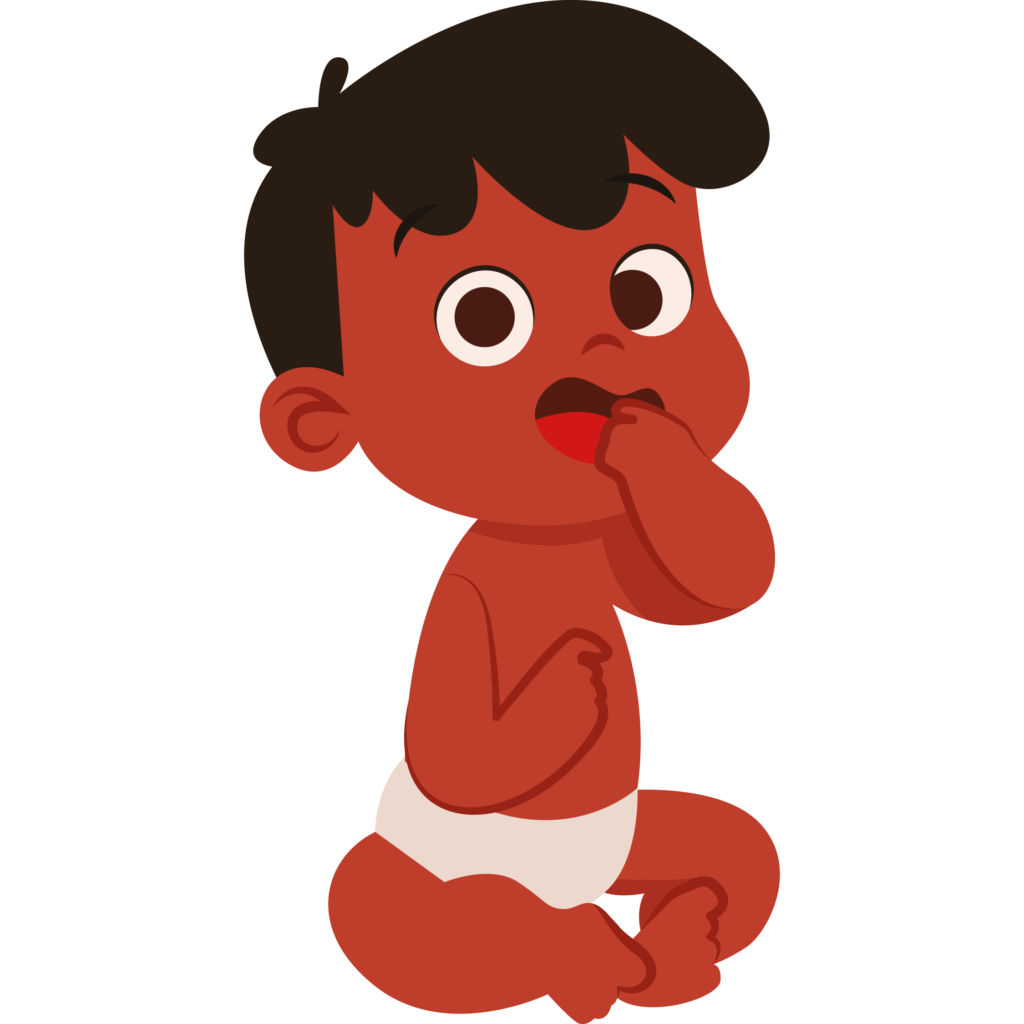
Lit. Toddler
18 to 24 months
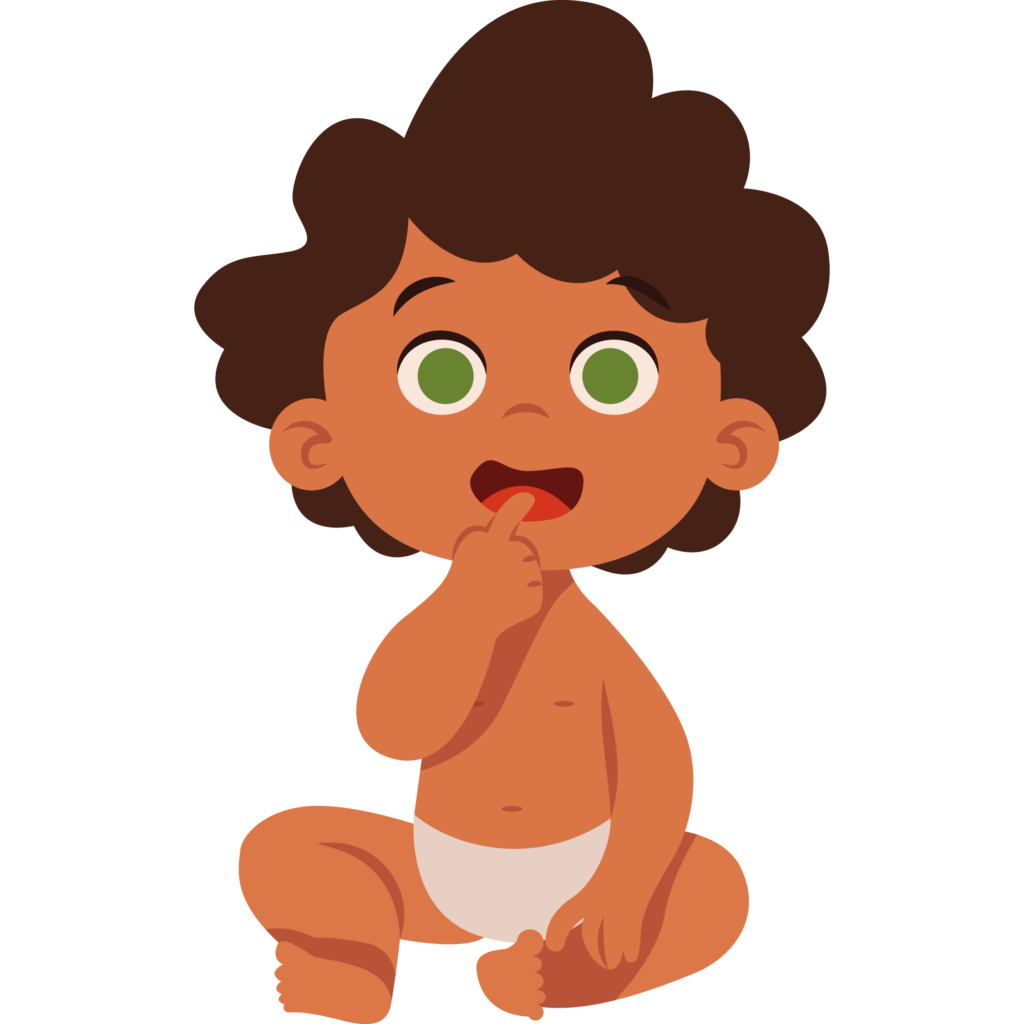
Toddler
2 years old
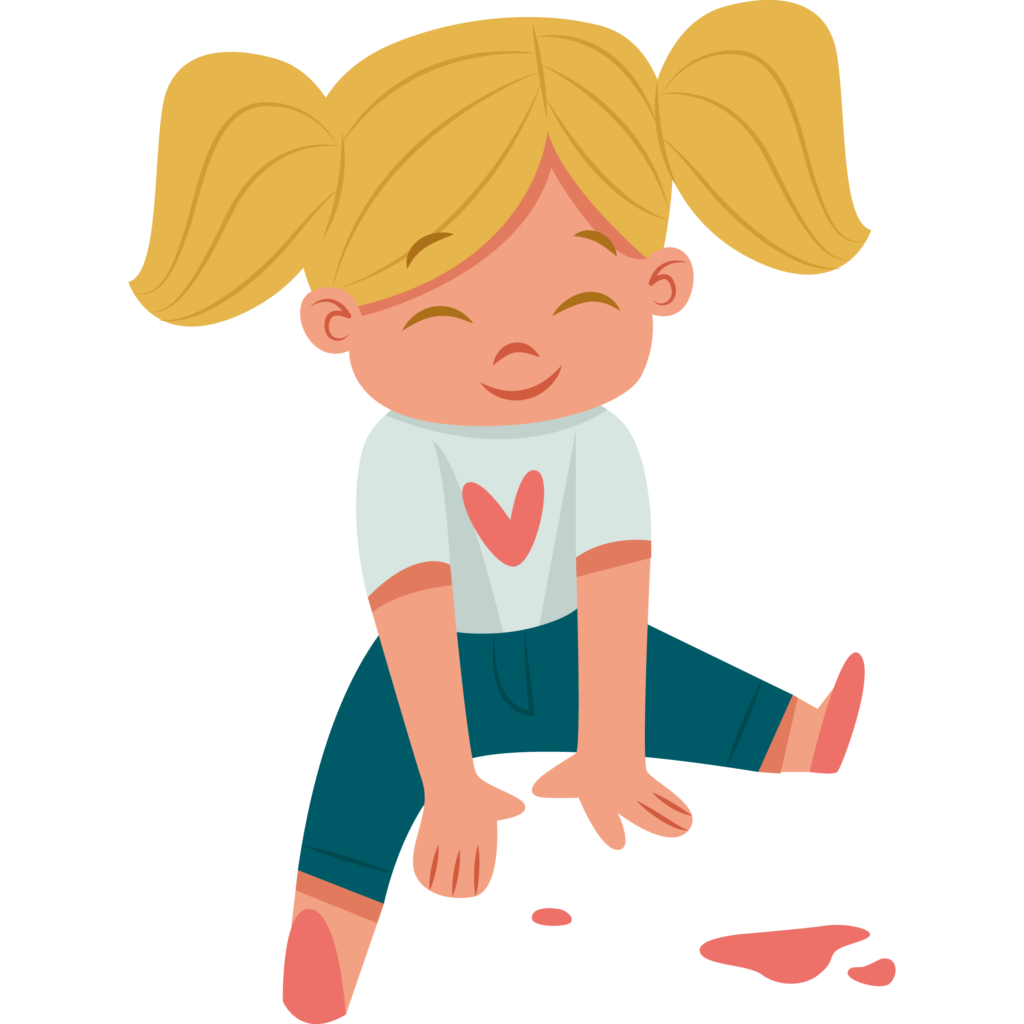
Pre-K
3 years old
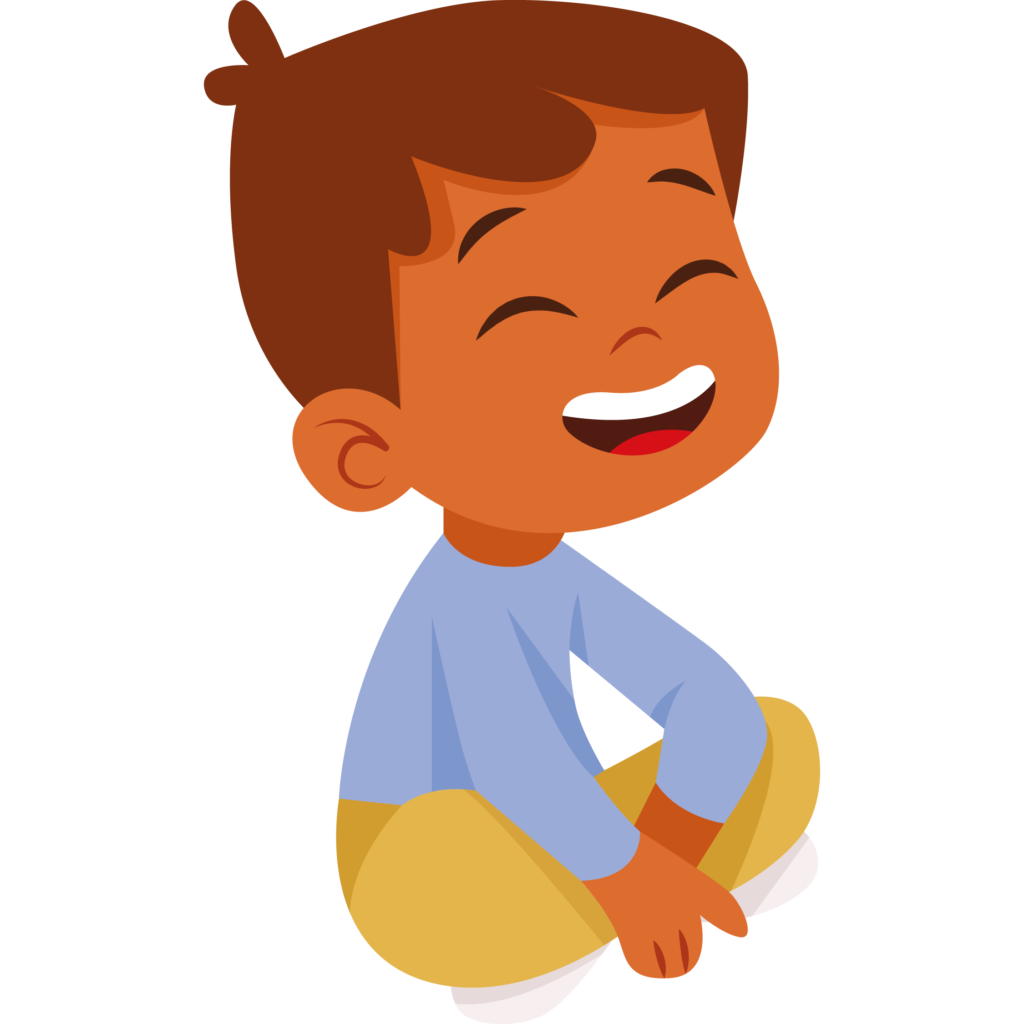
K1
4 years old
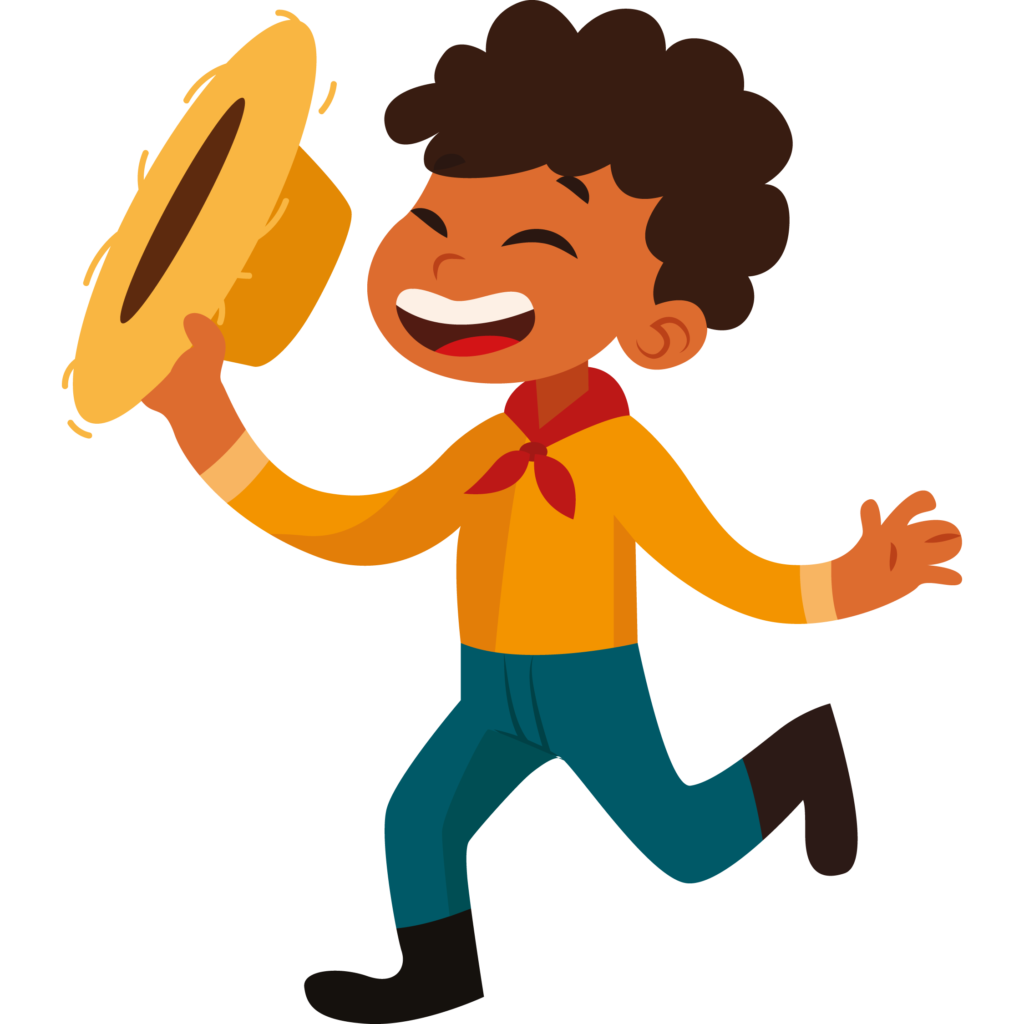
K2
5 years old
Children exposed to bilingual education develop better:
As habilidades cognitivas, incluindo a capacidade de concentração, memória e flexibilidade cognitiva, desempenhando um papel fundamental no fortalecimento do desenvolvimento mental
Better working memory during a task Working memory helps kids hold on to information long enough to use it on a task.
Creative skills for new ideas and processes, focused on achieving the best results.
Find the nearest
school to you!
